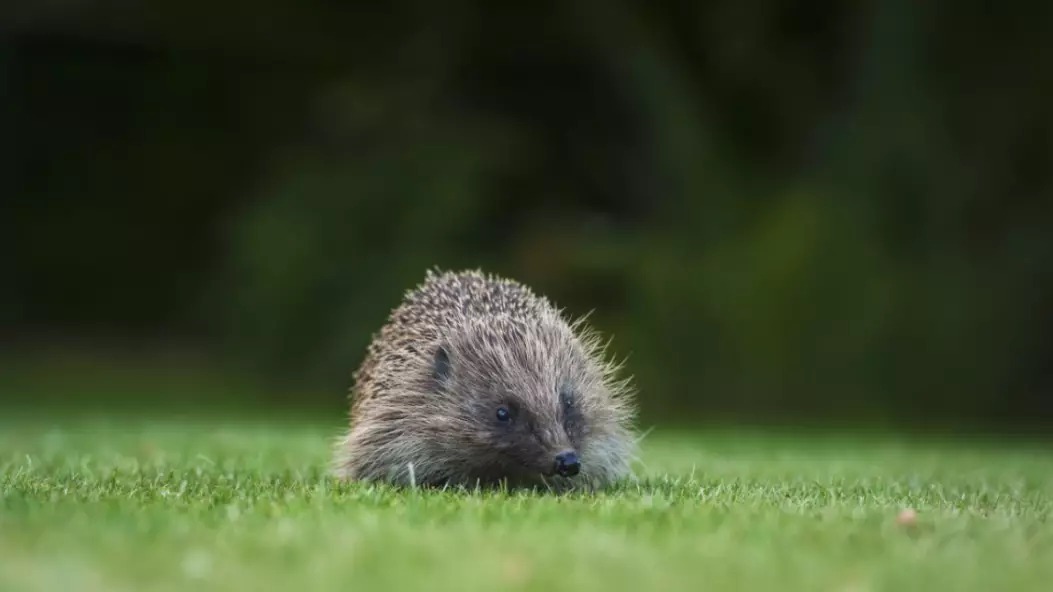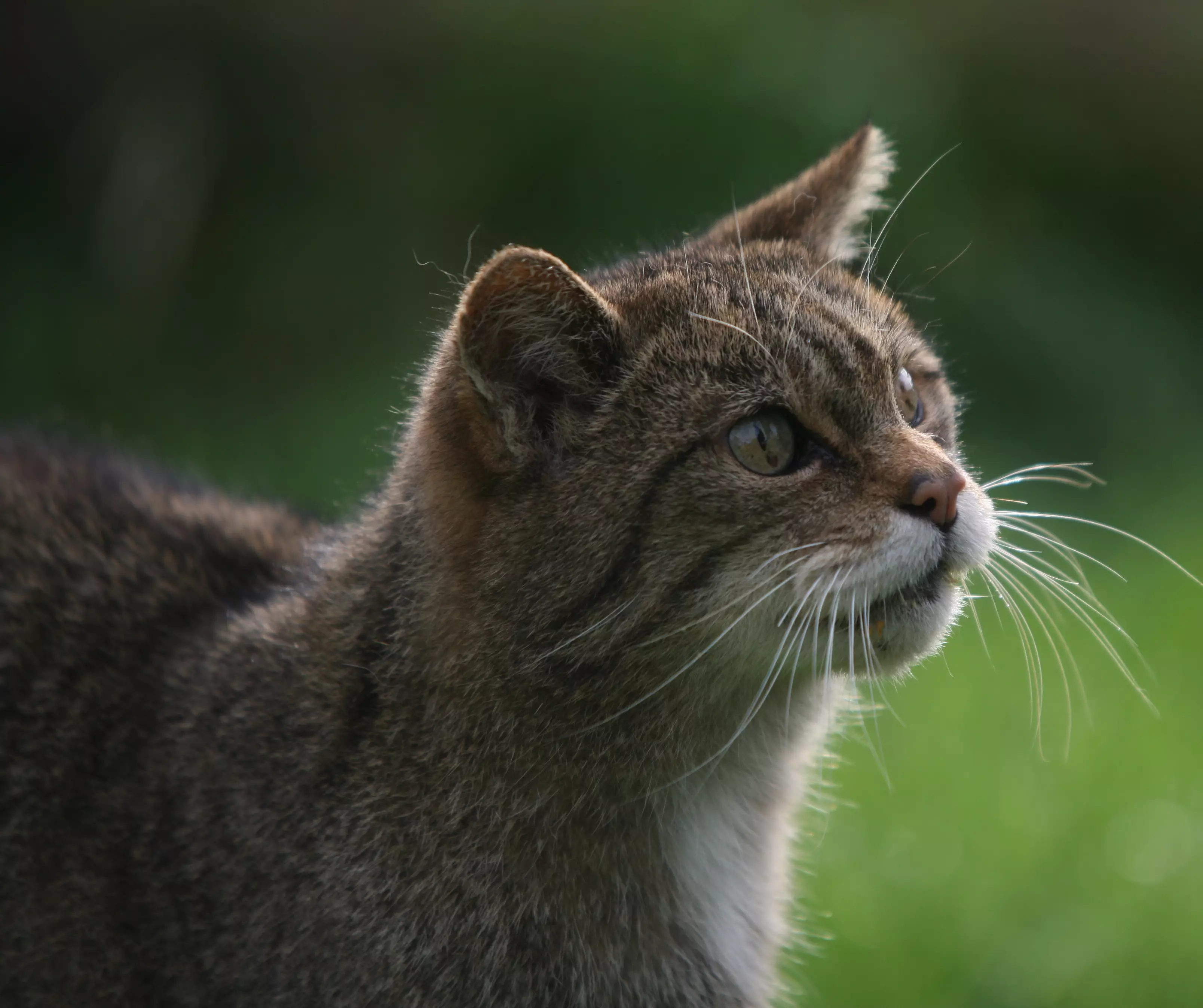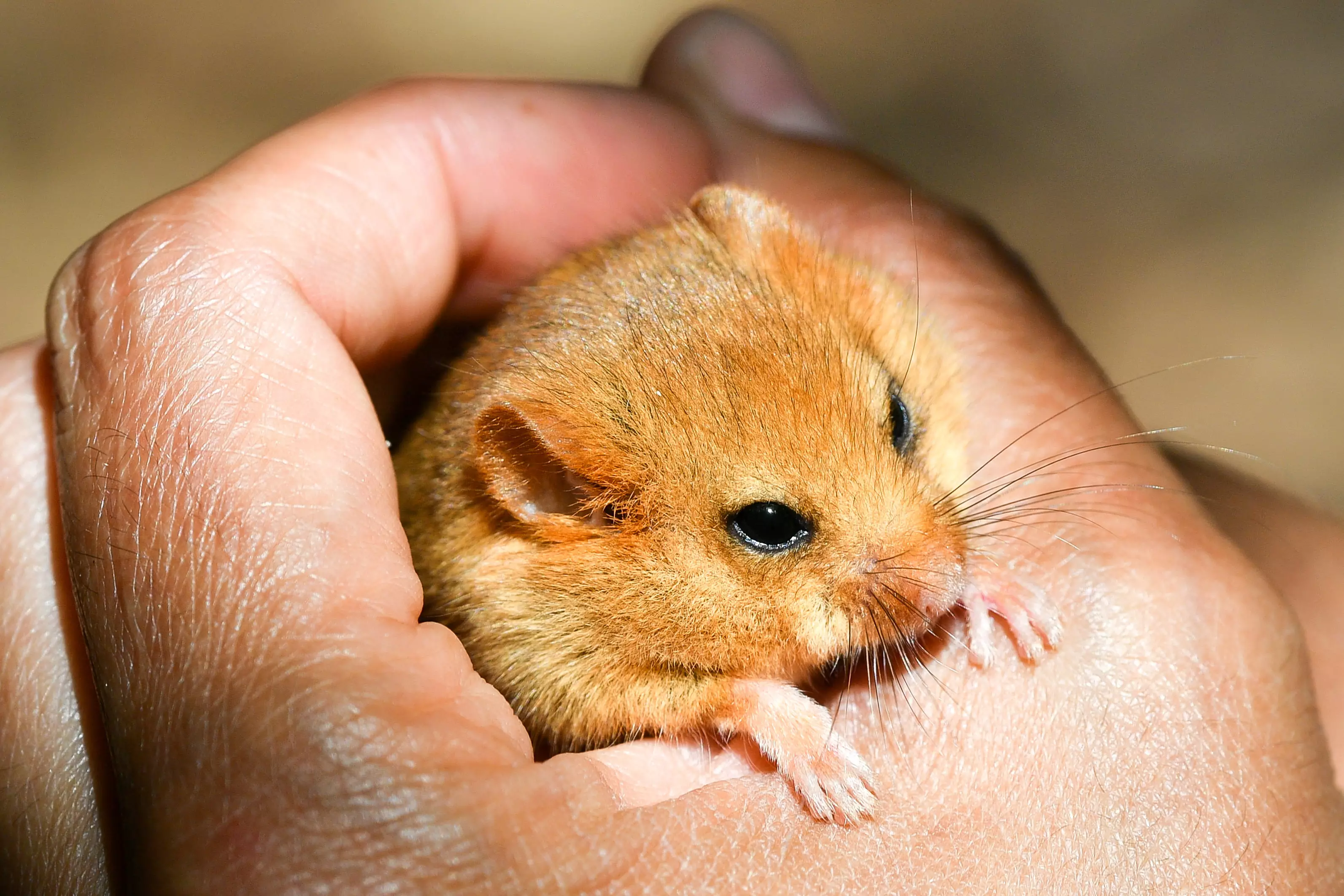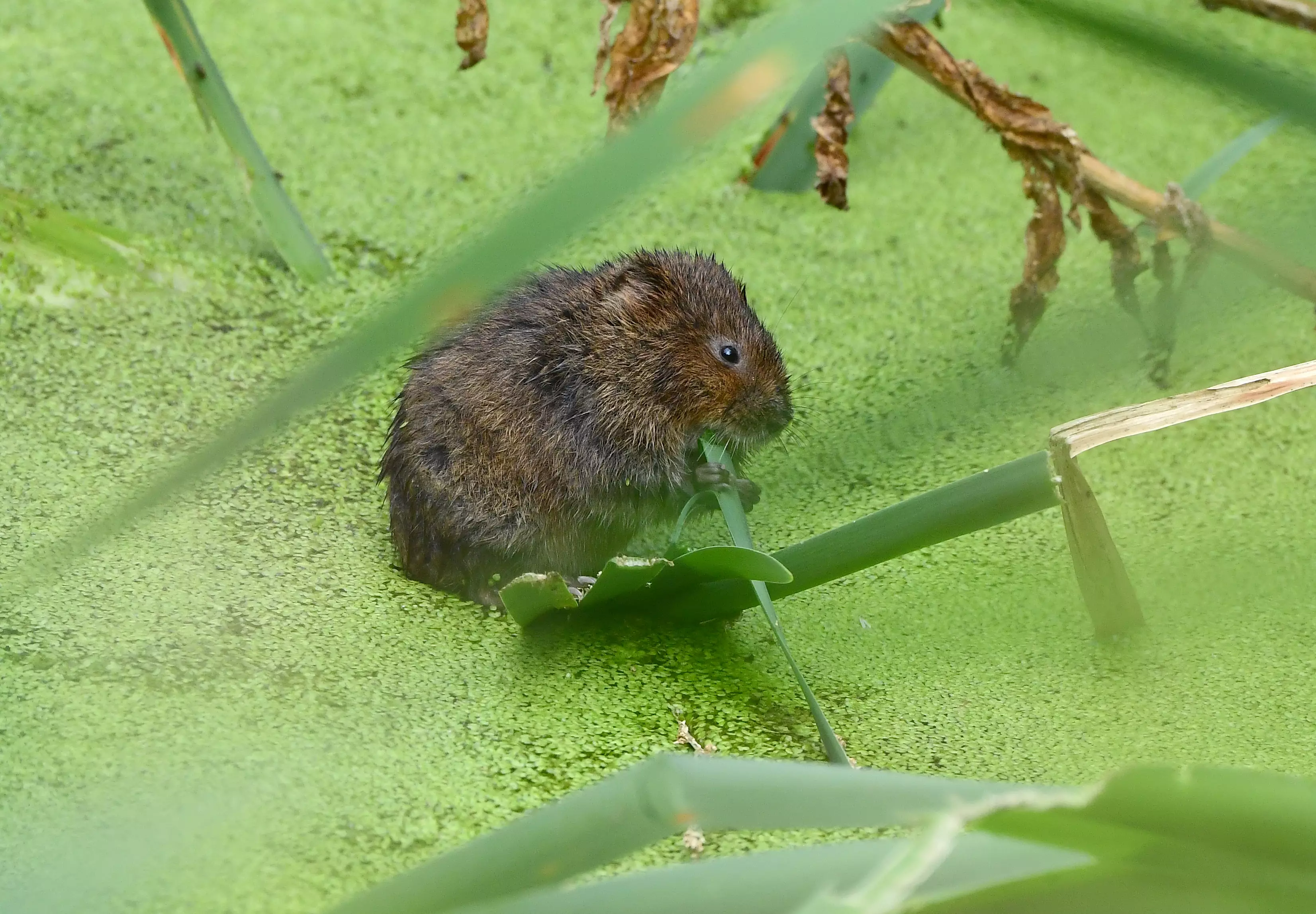
A quarter of Britain's native mammals are at risk of extinction, scientists have warned.
The Red List for Great Britain - produced by the Mammal Society for Natural England, Natural Resources Wales, Scottish Natural Heritage (NatureScot) and the Joint Nature Conservation Committee - classifies 11 of the 47 mammals native to Britain as being at imminent risk of extinction.
These mammals include hedgehogs, wildcats, red squirrels and water voles.

A further five species are classified as 'near threatened', meaning there is a realistic possibility of them becoming threatened with extinction in the near future, while four are 'data deficient', meaning their conservation status is unknown owing to a lack of information.
Advert
Mammal Society Chair and Professor at the University of Sussex, Fiona Mathews - who led the report - warned that rapid change was needed.
She said: "The new Red List provides a very clear basis for prioritising funding and conservation efforts for the future. Twenty species - those classed as 'threatened', 'near threatened', and 'data deficient' - all need urgent attention.
"While we bemoan the demise of wildlife in other parts of the world, here in Britain we are managing to send even rodents towards extinction. Things have to change rapidly if we want our children and grandchildren to enjoy the wildlife we take for granted."

The reasons behind the decline in numbers varies from species to species. The likes of the wildcat, pine marten and beaver - which is doing well where it has been reintroduced - are at risk of being lost due to the devastating impact of extensive historical persecution.
Advert
Grey long-eared bats and the hazel dormouse have been hit hardest by habitat loss, while the water vole, red squirrel and Orkney vole are suffering from the combined effects of habitat degradation and the introduction of non-native species.
In such cases, the reintroduction of more animals will not help the species in the long term, as fundamental changes are needed to maintain and increase population sizes.

Natural England Chair, Tony Juniper, said "This is a wake-up call, but it is not too late to act.
Advert
"We are working with our partners to recover our threatened and widely loved mammals, including licensing the reintroduction of beavers into England, and supporting the recovery of dormice and the grey long-eared bat, but there is so much more to do.
"Central to the recovery of these and other creatures will be the protection and restoration of large areas of suitable habitat, including through the creation of a vibrant and wildlife-rich Nature Recovery Network, enabling populations of rare animals to increase and be reconnected with one another."
Featured Image Credit: PA